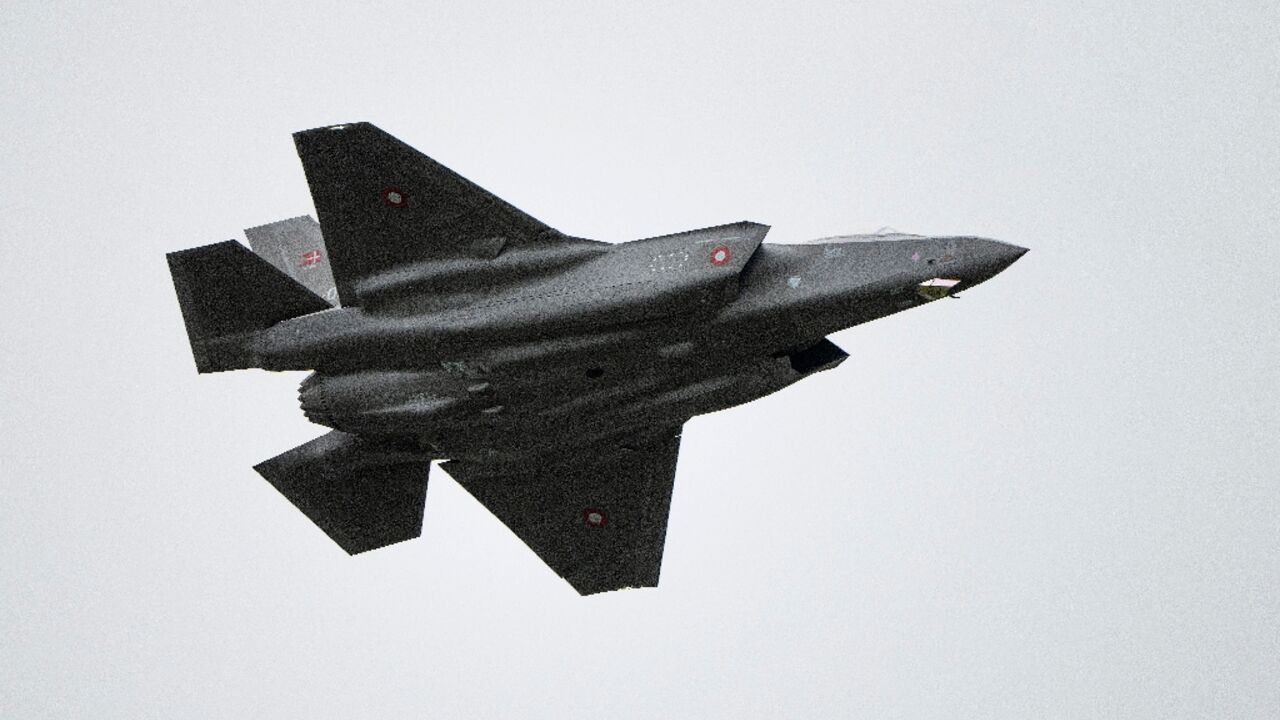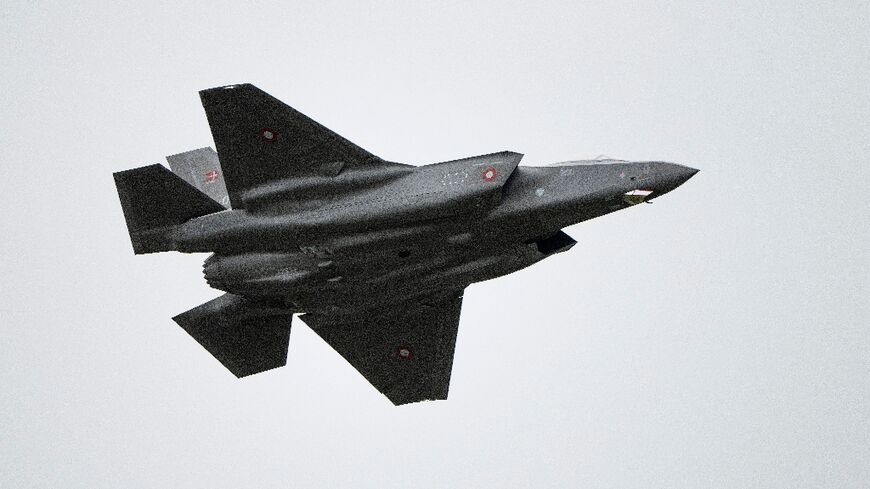Rights groups sue Netherlands again over jet parts to Israel

A trio of rights groups took the Dutch government back to court on Friday, arguing that a ban on supplying F-35 fighter jet parts to Israel is not being respected in practice.
In a landmark verdict in February, an appeals court ordered the Netherlands to stop delivering parts for fighter jets used by Israel in its offensive in the Gaza Strip.
The court said at the time there was a "clear risk" the planes would be involved in breaking international humanitarian law.
But the rights groups are returning to court, saying that the ban has not prevented the parts ending up in Israeli planes.
"Unfortunately, everything indicates that these parts end up in Israel from the Netherlands via other routes," said Oxfam Novib, one of the groups involved in the case.
The Dutch government "has continued delivering (parts) to other countries, including the United States. And that contravenes the order of the court," Liesbeth Zegveld, a lawyer representing the rights groups, told the court.
"The court order (from February) applies to all F-35 parts with Israel as the final destination and the state must stop all such deliveries in practice," she argued.
The government must "actively prevent" parts reaching Israel, said Zegveld.
Citing court documents, public broadcaster NOS said the Dutch government had acknowledged it could not prevent parts shipped to the United States eventually ending up in Israeli F-35s.
Government lawyer Reimer Veldhuis said the state did not believe it had to restrict exports of F-35 parts to countries other than Israel.
He added that the chances of the parts actually being used in F-35 shipped to Israel were "extremely small" as they are used for production rather than repairs.
The Dutch government has said it would fulfil the February verdict but announced it would appeal to the Supreme Court.
Government lawyers argued during that case that if the Dutch did not supply the parts from the warehouse based in the Netherlands, Israel could easily procure them elsewhere.
International law experts have told AFP that human rights violations are likely being carried out by both parties to the conflict in Gaza.
The war started with Hamas's October 7 attack on southern Israel, which resulted in the deaths of 1,195 people, mostly civilians, according to an AFP tally based on Israeli figures.
Israel's retaliatory offensive has killed at least 37,765 people, also mostly civilians, according to data from Gaza's health ministry.

